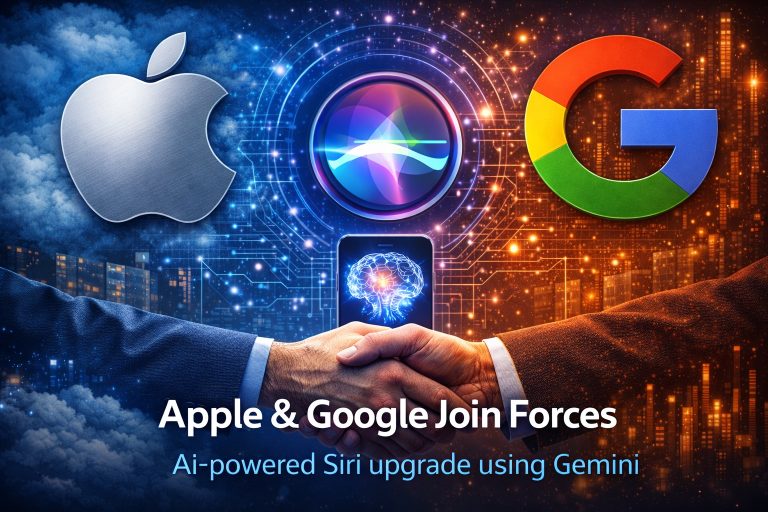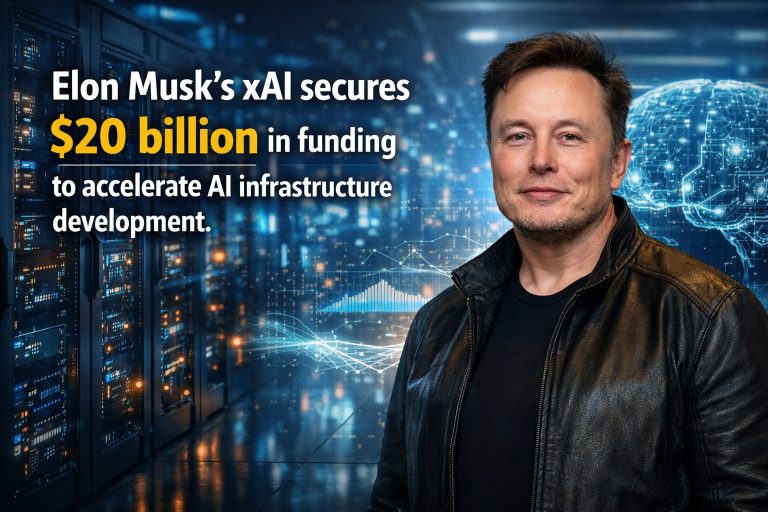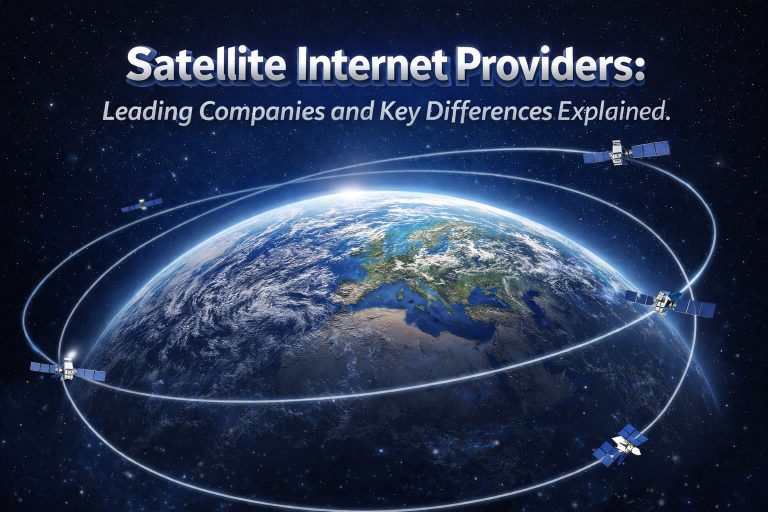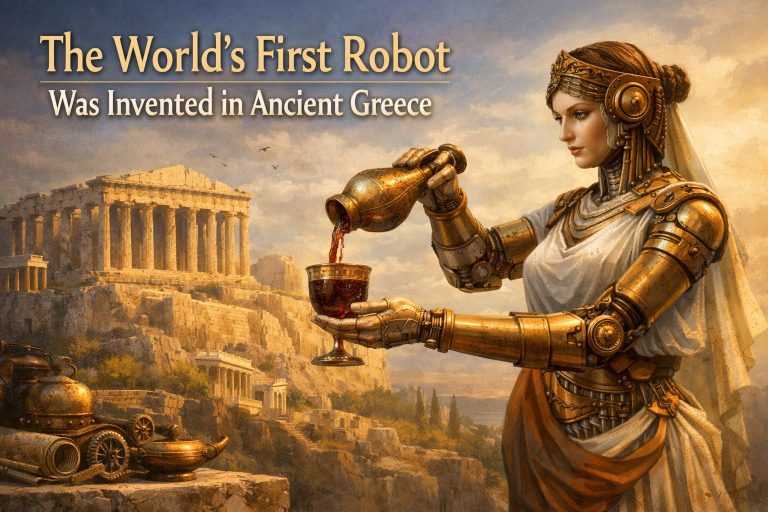
As we move further into the 21st century, artificial intelligence (AI) is changing how we work. This shift brings both new opportunities and challenges for workers and job markets around the world. Understanding these changes can help us get ready for a future where AI plays a big role in our daily jobs.
AI in the Workplace
AI is being used in many industries, such as healthcare, finance, manufacturing, and customer service. These technologies help make tasks easier, improve productivity, and reduce mistakes. For example, AI chatbots are now common in customer service, providing quick answers to questions and working around the clock. This not only makes customers happier but also allows human workers to focus on more complex issues.
Job Creation vs. Job Loss
A big question is whether AI will create more jobs than it takes away. While some routine jobs may disappear due to automation, new jobs are appearing in fields like AI development and data analysis. According to the World Economic Forum, millions of jobs could be lost, but many new jobs will also be created that require different skills.
New Skills Needed
As AI changes the job market, the skills needed are also changing. Many traditional jobs may decline, but there will be new roles that require different abilities. This means workers must learn new skills and keep updating their knowledge. Continuous education will be essential to stay competitive in the job market.
The Importance of Soft Skills
While technical skills are important, soft skills are becoming even more valuable. Skills like creativity, problem-solving, and emotional intelligence are crucial in a world where AI handles many data-driven tasks. Human qualities like empathy, teamwork, and communication will still be needed in many jobs. Employers want people who can work well with AI and use their unique human abilities.
Education and Training
To prepare for the future of work, schools and companies need to change their training programs. Focusing on science, technology, engineering, and math (STEM) education is important, but fostering a love for learning is just as vital. People should be encouraged to keep learning new skills throughout their careers.
Lifelong Learning and Flexibility
In today’s fast-changing job market, lifelong learning is more important than ever. Workers need to be open to learning new skills and adjusting to new roles. This mindset helps individuals stay relevant and resilient as job markets change.
Working Together with AI
In the future, workers will likely collaborate with AI instead of competing with it. AI can handle repetitive tasks, allowing people to focus on more complex work that requires critical thinking and creativity. This teamwork can lead to more innovation and productivity, as human workers bring their unique ideas while AI manages routine tasks.

Real-World Examples
Many companies are already using AI in helpful ways. For example, in healthcare, AI helps analyze patient data, assisting doctors in making better decisions. In manufacturing, AI-driven robots work alongside human workers to improve production lines, making them more efficient and safe. These examples show how AI can enhance human abilities rather than replace them.
Addressing Job Loss Concerns
While some workers may worry about losing their jobs to AI, history shows that technology often creates new opportunities. The key is to focus on reskilling and preparing the workforce for future jobs. Governments, schools, and businesses need to work together to provide training programs that equip workers with the necessary skills.
Conclusion
The future of work, shaped by AI, is full of both challenges and opportunities. As job markets change, the ability to adapt, learn, and work with technology will be essential. Embracing these changes and fostering a culture of lifelong learning will help workers thrive in an AI-driven world.
While the road ahead may be complex, the potential for greater productivity and innovation is exciting. By preparing ourselves and future generations for this new reality, we can use AI to create a better work environment for everyone.






